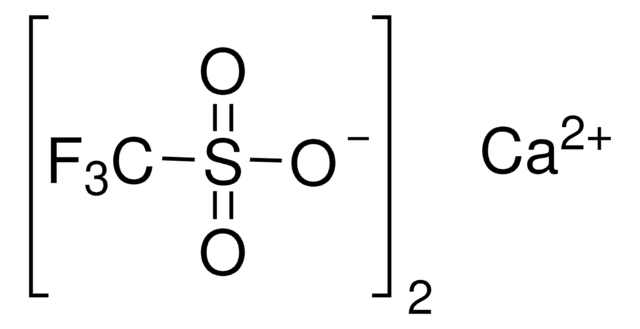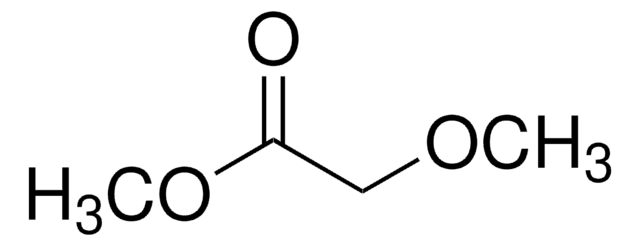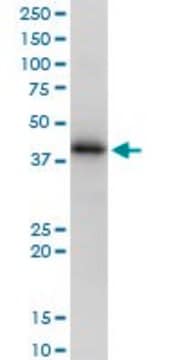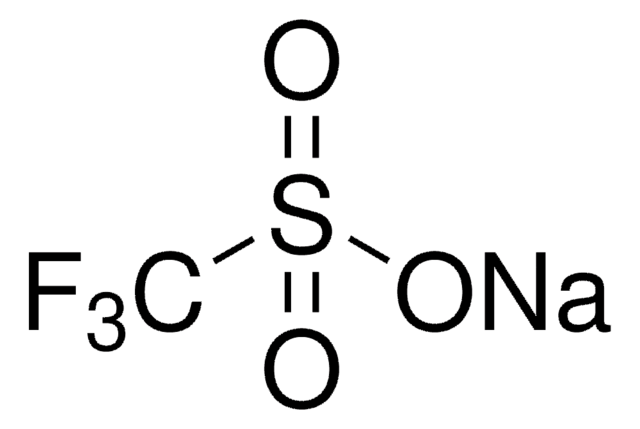MABF2302
Anti-HLA-A02:01 EBV-LMP2A Antibody, clone MAB243
Sinonimo/i:
Latent membrane protein 2
About This Item
Prodotti consigliati
Origine biologica
mouse
Livello qualitativo
Coniugato
unconjugated
Forma dell’anticorpo
purified antibody
Tipo di anticorpo
primary antibodies
Clone
MAB243 (also referenced as L2), monoclonal
PM
calculated mol wt 53.01 kDa
Purificato mediante
using protein G
Reattività contro le specie
human
Confezionamento
antibody small pack of 100 μg
tecniche
ELISA: suitable
flow cytometry: suitable
immunocytochemistry: suitable
immunofluorescence: suitable
western blot: suitable
Isotipo
IgG1κ
Sequenza dell’epitopo
C-terminal
N° accesso ID proteina
N° accesso UniProt
Condizioni di spedizione
ambient
modifica post-traduzionali bersaglio
unmodified
Informazioni sul gene
human ... LMP2(3783751)
Descrizione generale
Specificità
Immunogeno
Applicazioni
Evaluated by Flow Cytometry in T2 cells pulsed with LMP2 peptide (426-434).
Flow Cytometry Analysis (FC): 1 μg of this antibody detected HLA-A2-EBV LMP2A in one million T2 cells pulsed with LMP2 peptide (426-434).
Tested Applications
ELISA Analysis: A representative lot detected HLA-A02:01 EBV-LMP2A in ELISA applications (Lai, J., et al. (2016). Blood. 128(10):1396-407; Lai, J., et al. (2017). Sci Rep. 7(1):9923).
Immunohistochemistry Applications: A representative lot detected HLA-A02:01 EBV-LMP2A in Immunohistochemistry applications (Lai, J., et al. (2016). Blood. 128(10):1396-407).
Western Blotting Analysis: A representative lot detected HLA-A02:01 EBV-LMP2A in Western Blotting applications (Lai, J., et al. (2016). Blood. 128(10):1396-407).
Flow Cytometry Analysis: A representative lot detected HLA-A02:01 EBV-LMP2A in Flow Cytometry applications (Lai, J., et al. (2016). Blood.;128(10):1396-407; Lai, J., et al. (2017). Sci Rep.;7(1):9923).
Immunofluorescence Analysis: A representative lot detected HLA-A02:01 EBV-LMP2A in Immunofluorescence applications (Lai, J., et al. (2016). Blood. 128(10):1396-407).
Immunocytochemistry Analysis: A representative lot detected HLA-A02:01 EBV-LMP2A in Immunocytochemistry applications (Lai, J., et al. (2016). Blood. 128(10):1396-407).
Note: Actual optimal working dilutions must be determined by end user as specimens, and experimental conditions may vary with the end user
Stato fisico
Stoccaggio e stabilità
Altre note
Esclusione di responsabilità
Non trovi il prodotto giusto?
Prova il nostro Motore di ricerca dei prodotti.
Codice della classe di stoccaggio
12 - Non Combustible Liquids
Classe di pericolosità dell'acqua (WGK)
WGK 1
Punto d’infiammabilità (°F)
Not applicable
Punto d’infiammabilità (°C)
Not applicable
Certificati d'analisi (COA)
Cerca il Certificati d'analisi (COA) digitando il numero di lotto/batch corrispondente. I numeri di lotto o di batch sono stampati sull'etichetta dei prodotti dopo la parola ‘Lotto’ o ‘Batch’.
Possiedi già questo prodotto?
I documenti relativi ai prodotti acquistati recentemente sono disponibili nell’Archivio dei documenti.
Il team dei nostri ricercatori vanta grande esperienza in tutte le aree della ricerca quali Life Science, scienza dei materiali, sintesi chimica, cromatografia, discipline analitiche, ecc..
Contatta l'Assistenza Tecnica.







